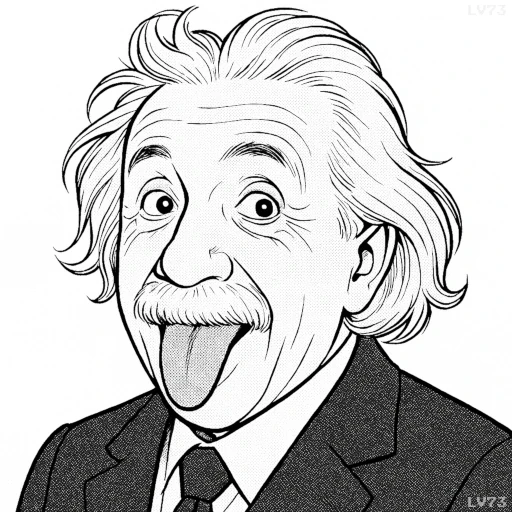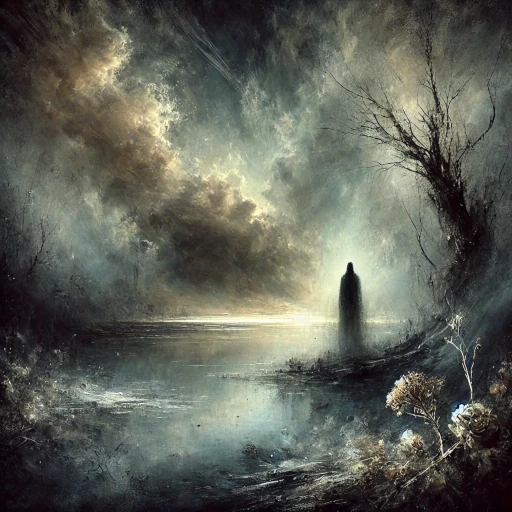“The fear of death is the most unjustified of all fears, for there’s no risk of accident for someone who’s dead.”

- March 14, 1879 – April 18, 1955
- German-born Jew
- Physicist
table of contents
Quote
“The fear of death is the most unjustified of all fears, for there’s no risk of accident for someone who’s dead.”
Explanation
In this quote, Einstein reflects on the irrationality of fearing death. He suggests that, logically, fearing death doesn’t make sense, as death itself is a state in which one is beyond suffering, harm, or risk. For Einstein, the fear of death may be unnecessary and even counterproductive, as death marks the end of all experience—including pain or danger. His perspective implies that death, in its finality, removes all worldly concerns, making it an illogical target of fear.
Historically, this view resonates with certain philosophical and spiritual traditions that advocate acceptance of mortality. Epicurus, for instance, argued that fear of death is unnecessary because death is the absence of sensation; if we are alive, we cannot experience death, and if we are dead, there is no one to experience fear. Einstein’s statement reflects the belief that a logical approach to death can help us move past fear and lead a more fulfilling life, unburdened by anxieties over its inevitability.
In today’s world, Einstein’s insight encourages us to reconsider our relationship with death and to live with a sense of peace and acceptance regarding life’s natural end. His words remind us that excessive fear of death can detract from fully experiencing life, while acceptance can bring freedom from worry. This perspective inspires us to embrace life in the present, knowing that death, when it comes, is simply a natural transition that need not be feared.
Would you like to share your impressions or related stories about this quote in the comments section?




